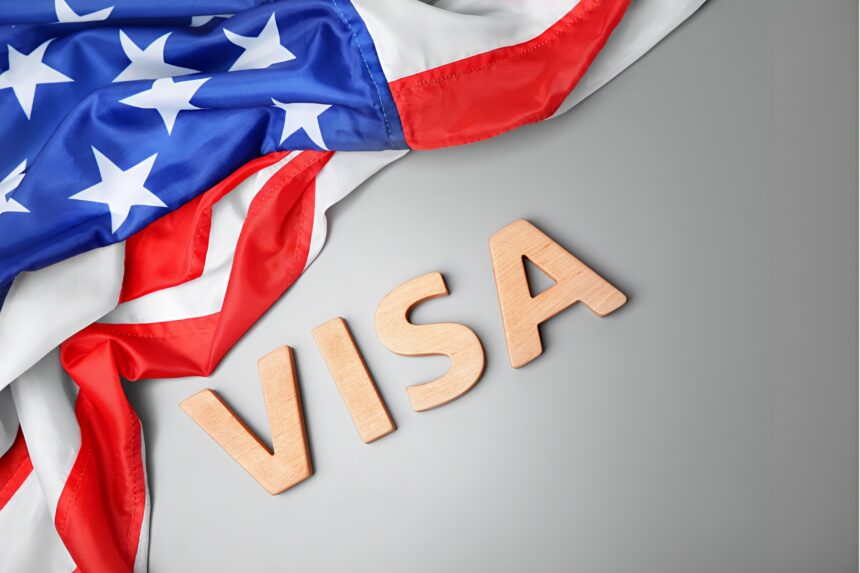The United States government recently announced that Nigerian visa applicants must provide a 5-year social media history.
The social media history review process requires visa applicants to disclose handles and accounts used on platforms like X, Instagram, LinkedIn, and others over the past five years.
This development means U.S. consular officers will now be digging into applicants’ social media activity spanning the past five years.
It was gathered that the 5-year social media history policy is to help consular officers determine individuals who won’t compromise U.S national security and to also verify the authenticity of visa applications.
Pan-Atlantic Kompass, in this report, reviews the 2025 immigration screening guidelines to know what Consular officers will be looking for in applicants’ social media accounts.
Below are ten things Nigerian visa applicants should be aware of;
1. Extremist or Terrorist Affiliations: Posts, connections, or interactions suggesting ties to extremist groups, terrorist organizations, or ideologies promoting violence can result in immediate rejection due to national security concerns.
2. Inconsistent Travel Intent: Content contradicting the stated purpose of travel, such as posting about seeking U.S. employment on a tourist visa application, may indicate intent to violate visa terms.
3. Fraudulent Information: Evidence of falsified personal details, such as fake identities, doctored images, or misreported affiliations, can undermine credibility and lead to denial.
4. Criminal Activity: Posts admitting to or depicting illegal activities, such as drug use, trafficking, or other crimes, can trigger rejections, especially if relevant to U.S. immigration laws.
5. Hate Speech or Incitement: Content promoting hate, discrimination, or incitement to violence, particularly against protected groups, may be viewed as a public safety risk.
6. Unreported Accounts: Failing to disclose all social media accounts used in the past five years, or evidence of deleted/hidden accounts, can suggest intentional concealment and lead to rejection.
7. Connections to Sanctioned Entities: Interactions with individuals, organizations, or countries under U.S. sanctions may raise concerns about the applicant’s intentions or affiliations.
8. Public Health Risks: Posts indicating disregard for public health regulations, such as promoting anti-vaccine conspiracies during a health crisis, could be flagged if deemed a risk to U.S. public safety.
9. Overstay or Immigration Violations: Content suggesting prior visa overstays or plans to remain in the U.S. beyond visa terms can lead to denial for suspected immigration intent.
10. Inauthentic Digital Presence: Accounts with minimal activity, suspected bots, or purchased followers may raise suspicions of fraud or misrepresentation.





